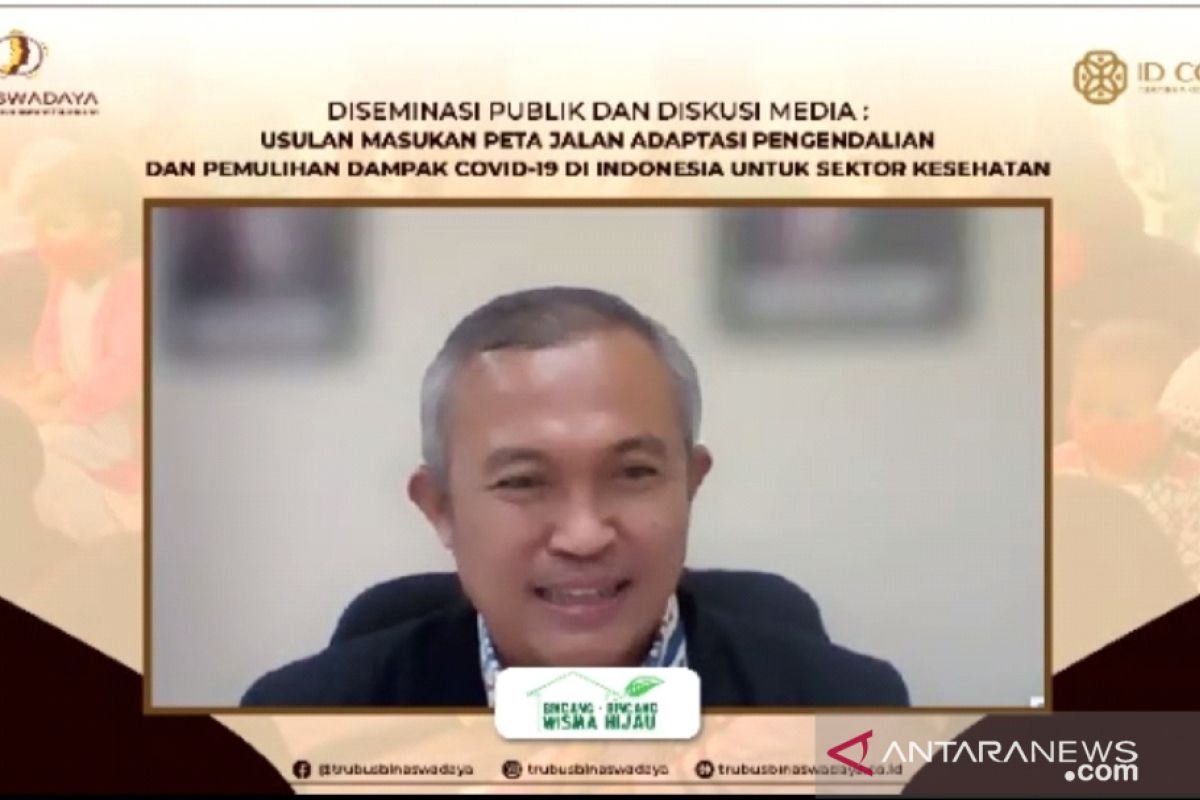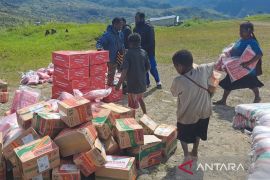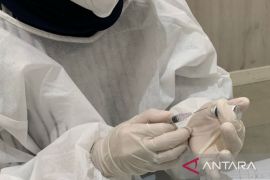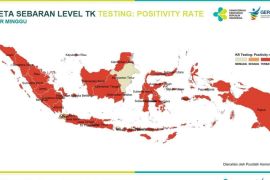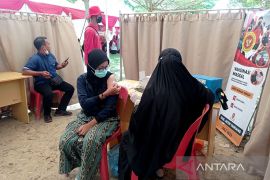"There are problems and gaps with the health quality in several regions based on the health facilities and infrastructure. The disparity in health infrastructure between regions is extraordinary," deputy for coordination for health quality improvement and population development at the ministry, Agus Suprapto, noted at a webinar on 'COVID-19 Handling Roadmap Input' on Friday.
Amid the COVID-19 pandemic, the gap in the health service quality can be seen from the vaccination achievements in regions, he said. In Jakarta, the first dose vaccination coverage has reached 133.81 percent of the target, while in Papua, it has touched just 25.32 percent, he noted.
There have also been vaccination disparities between districts or cities within a province, Suprapto added.
For example, first dose vaccinations in Aceh province have reached 87.23 percent of the target, while in Sabang, they have been recorded at just 40.82 percent, he said.
"In fact, vaccination is needed to form herd immunity. Cooperation from all parties is needed to build a health system in the respective regions," he emphasized.
Related news: Adinkes to discuss strengthening health services after pandemic
The Indonesian Government will continue to accelerate vaccinations in each region to achieve its target of inoculating 208 million people, he said.
The community's behavior must also be improved for handling the COVID-19 pandemic, he added.
Suprapto then lauded officers who have participated in encouraging the public to implement strict health protocols.
"Not only officers but the public, in general, must also increase their awareness to end this pandemic," he remarked.
There is also a need to increase vaccinations and involve research, industry, and social institutions in handling COVID-19, he said. The government must also improve the health management system in the future to face the predicted third wave of COVID-19, he added.
"The last solution is that we hope the community mobility restrictions (PPKM) will be continuously conducted. This regulation requires a lot of work from many elements," Suprapto remarked.
Since the end of the COVID-19 pandemic is uncertain, he said he hopes the government will continue to implement the 'gas and brake' policy by monitoring the number of COVID-19 cases in each region.
Related news: Digital services beneficial in increasing health service accessibility
Translator: Sanya Dinda S, Resinta S
Editor: Rahmad Nasution
Copyright © ANTARA 2021
